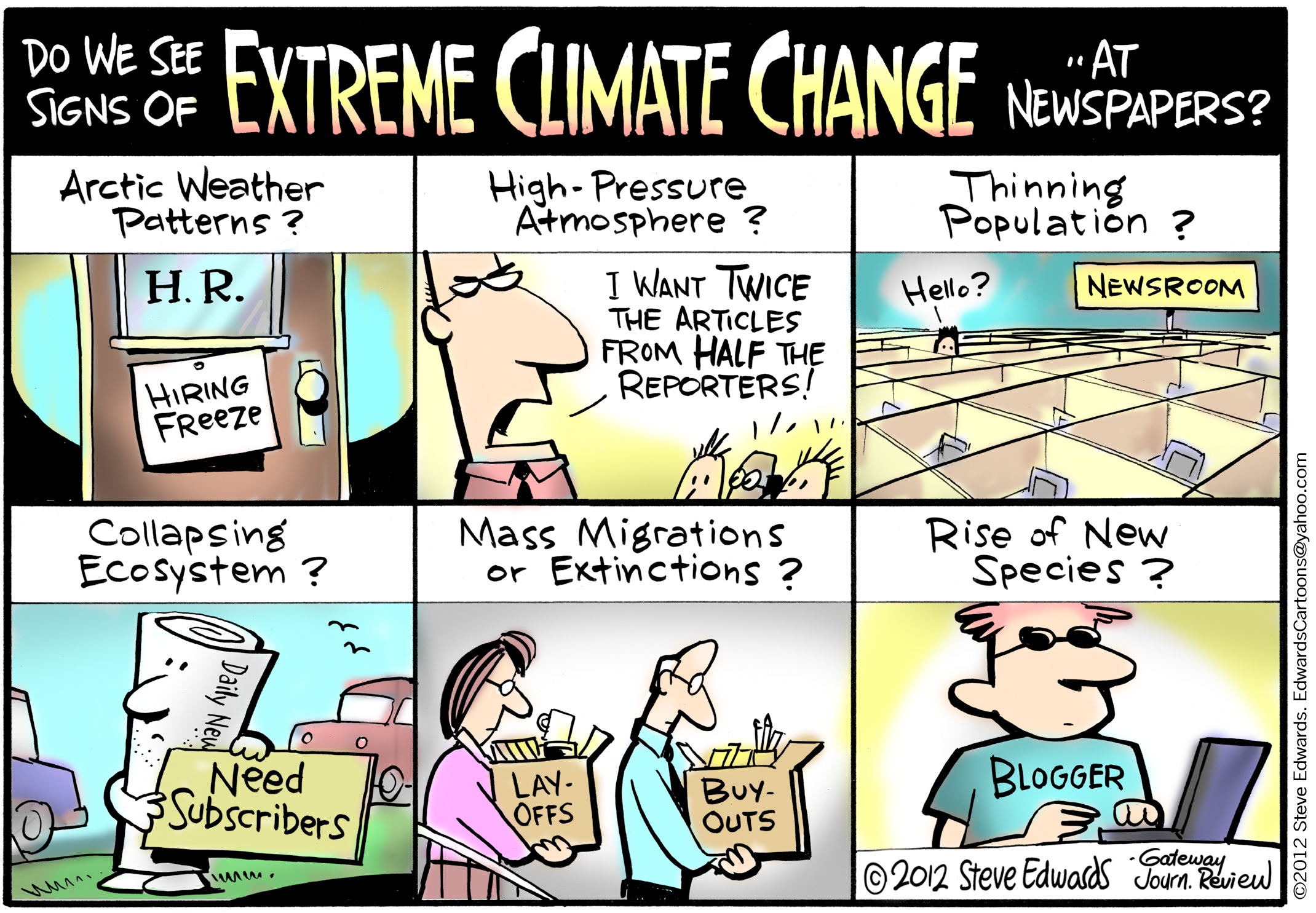Overprotecting Free Speech
Change is nothing new to media law scholars. In fact, many of us were drawn to the study of law because it can, and often does, change. The normative tradition of legal scholarship is based entirely on the notion that legal doctrine can be improved through the reasoned critique of judicial reasoning.
So it comes as little surprise that the field of media law, like the broader media world, is undergoing transformative change, raising new legal questions and reframing old ones. Topics of interest to media law scholars are in constant flux, with the time-honored fields of inquiry such as libel, privacy and newsgathering law developing new wrinkles.
Anonymity is a fine example. Long protected by the First Amendment and with roots stretching back to the American Revolution, it’s an article of faith. Yet the rise of online comment boards and the absolute protection from ISP liability ushered in by Section 230 of the Communications Decency Act have many serious First Amendment scholars re-examining their once-axiomatic defense of the right to anonymous speech. The medium, it seems, is altering the message.
A new book from Harvard Press on the subject, The Offensive Internet, edited by Saul Levmore, the William B. Graham Professor of Law at the University of Chicago Law School, and Martha C. Nussbaum, Ernst Freund Distinguished Service Professor of Law and Ethics at the University of Chicago, offers a provocative look at online speech.
What is remarkable about this volume is that a group of free speech stalwarts are tackling free speech issues in a critical way, and often concluding that, as privacy expert Daniel J. Solove, John Marshall Harlan Research Professor of Law at the George Washington University Law School says in a riveting essay, that “the law is hampered because it overprotects free speech.”
The Internet poses new problems, and offers new veins of research. Indeed, the issue of net neutrality alone ushers in a host of meta-questions for media law scholars. Tim Wu of Columbia Law School raises many of these systemic First Amendment issu
es in The Master Switch: The Rise and Fall of Information Empires, a book that has me rethinking much of what I do and how I teach it.
Wu takes apart the infrastructure of American telecommunication historically and legally, raising all sorts of issues ripe for further study, not the least of which is whether or not the First Amendment (gasp!) is the future determinant of free expression.
“In the United States,” Wu asserts, “it is the industrial structure that determines the limits of free speech.” The First Amendment limits Congress, he points out, not the titans controlling the channels in which we speak and receive information. And it is control of that channel that will shape the future of online communication. Wu – the creator of the term “net neutrality” – writes that each major new medium unleashes optimism and innovation, only to consolidate into an empire that seeks to monopolize “the master switch,” as Fred Friendly at CBS once called it.
Wu demonstrates this, over and over again, by using history as his guide. The telegraph monopoly was undone by the telephone. Broadcast oligarchs who sought dominance of the public airwaves replaced the tinkerers of early radio. These men, in turn, succeeded in squelching the upstart television for 20 years. Then the television execs put their energies into strangling the cable innovators in their cribs.
On and on it goes, Wu writes, in an anecdote-rich book that should be on every media scholar’s reading list this year.
It’s just this sort of historical-legal work that should inform the media law scholarship of tomorrow. Media law is more critical to the undergraduate journalism experience than ever before, but its curriculum must be expanded even further, examining issues of ownership, media diversity and consolidation along with traditional First Amendment doctrine.
Charles N Davis is an Associate Professor at the Missouri School of Journalism. He teaches graduate seminars in media law, as well as the School’s introductory survey course, Principles of American Journalism.
